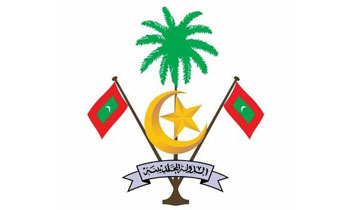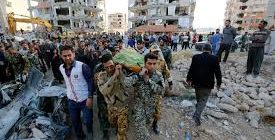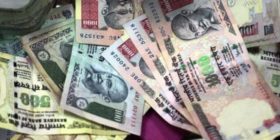A day after he refused to abide by the Supreme Court’s order to release political prisoners, Maldives President Abdulla Yameen on Monday declared a 15-days State of Emergency in the country.
Yameen on Sunday refused to accept the Supreme Court order to release political prisoners and reinstate 12 MPs who defected to the opposition. Protests are being held across the country since President Yameen refused to follow SC’s ruling.
The army was on Sunday put on high alert after Yameen refused to accept SC’s order. The Supreme Court order to restore the seats of 12 MPs who defected to the opposition would effectively reduce Yameen’s party to a minority and expose him to the risk of impeachment.
Former president and current opposition leader Mohamed Nasheed described the government’s refusal to obey the Supreme Court as a “coup”. Nasheed, who was controversially convicted of a terrorism charge and jailed for 13 years in 2015, urged police and troops to uphold the constitution. He has been in exile since 2016, when he left on prison leave for medical treatment. He is currently in Colombo, meeting Maldivian dissidents based in Sri Lanka.
The MDP – which is led by Nasheed – has expressed fears that any move by the government to resist the Supreme Court’s order may trigger unrest in the nation of 340,000 Sunni Muslims.
Historically, India and Maldives have been on mutually friendly terms, with India even stepping in with military force to prevent a coup in Maldives in 1988.
TOI also reported that sources within the Maldivian Supreme Court had requested help from India and other democratic countries. The TOI report adds that Yameen is looking to sack the judges of the Supreme Court, including Chief Justice Abdulla Saeed.
In its statement on 2 February, the Indian MEA had reiterated that it hopes for a peaceful resolution to the crisis:
Apart from India, the UN, Britain, Canada, Australia, and the United States have hailed the Supreme court order as a move towards democracy in the politically troubled climate of the country.






Leave a reply